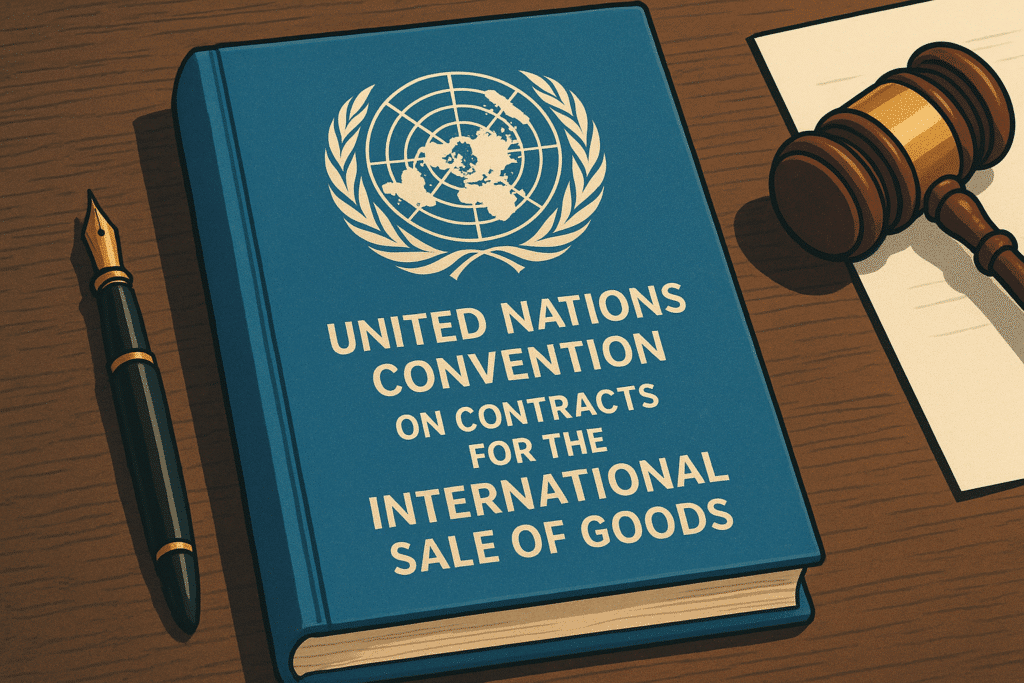The Many Uses of the Choice-of-Law Clause
In prior posts, I have written about the things that a forum selection clause can and cannot do. In this post, I do the same for choice-of-law clauses. Among other things, a choice-of-law clause may be invoked to: Select a law to govern the contract and claims related to the contract; Provide support for the…
Continue ReadingForum Selection Clauses and Subject-Matter Jurisdiction
The forum selection clause is the Swiss Army Knife of transnational litigation. It may be used to obtain personal jurisdiction over a defendant who otherwise lacks any connection to the chosen jurisdiction. It may supply a reason for dismissing a case filed in a jurisdiction other than the one named in the clause. It may be deployed to…
Continue ReadingIdiosyncratic Approaches to Enforcing Choice-of-Law Clauses
On December 16, 2025, the Sixth Circuit decided Andujar v. Hub Group Trucking, Inc. The issue presented was whether the Tennessee Supreme Court had adopted Section 187 of the Restatement (Second) of Conflict of Laws as the test for determining whether a choice-of-law clause should be given effect as a matter of Tennessee common law….
Continue ReadingThe Most-Viewed TLB Posts of 2025
To celebrate the end of another year at TLB, I wanted to highlight the posts that received the most views in 2025. A Primer on Choice-of-Law Clauses A Primer on Choice of Law Choice-of-Law Methodologies: Updating the List Throwback Thursday: The Tate Letter and Foreign Sovereign Immunity The $24 Billion Judgment Against China in Missouri’s…
Continue ReadingHappy New Year!
TLB will be on break until January 6, 2026. We wish you all the best in the new year!
Continue ReadingThe Marginal Utility of Choice-of-Law Clauses
I spend a lot of time researching and writing and thinking about choice-of-law clauses. So much so that I sometimes worry that I’ve fallen victim to a cognitive bias known as the law of the instrument or (more colorfully) Maslow’s Hammer. This bias arises when a person acquires a specific skill and thereafter looks for…
Continue ReadingRecognizing Foreign Judgments
When cocktail party conversations turn to foreign judgments—as they often do—it is common to hear people speak of “recognizing and enforcing” such judgments. This is unsurprising because the typical case involves both recognition and enforcement of a foreign judgment. In some cases, however, a U.S. court may be called upon to recognize a judgment but…
Continue ReadingThe CISG Saves the Day
The United Nations Convention on Contracts for the International Sale of Goods (CISG) has long been something of an enigma to American lawyers. The available evidence suggests that many U.S. lawyers are unaware of this treaty’s existence nearly forty years after it was ratified. In many cases, U.S. lawyers are upset to learn, first, that…
Continue ReadingLimits on Damages for Breach of a Forum Selection Clause
Tanya Monestier and I recently posted a draft of a new paper, Limits on Damages for Breach of a Forum Selection Clause, that discusses an important issue at the intersection of contract law and conflict of laws—when it is appropriate to award damages for breach of an exclusive forum selection clause. We build on Tanya’s…
Continue Reading








